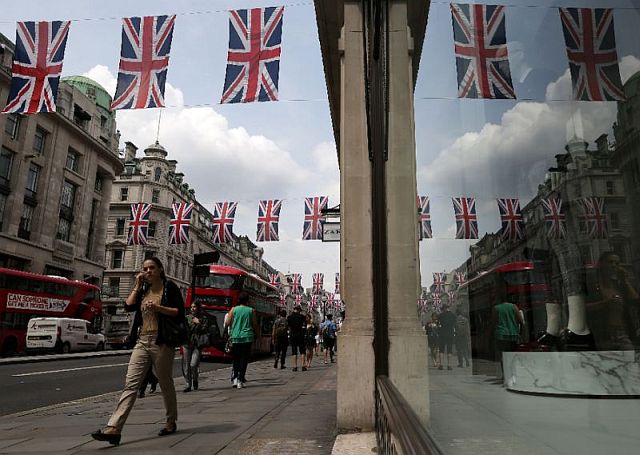
The consequences of the shock Brexit vote have so far been mainly theoretical, but recent data suggest the country’s tumbling currency is about to reach the High Street.
London — From computers and cars to carpets and food, Britain’s decision to leave the EU is beginning to hit consumers in the pocket, having already spread uncertainty through the property market.
The consequences of the shock vote have so far been mainly theoretical, but recent data suggest that the country’s tumbling currency is about to reach the High Street.
The pound has lost 10 to 15 percent of its value against the euro and the dollar since the June 23 referendum, raising the price of goods primarily supplied by foreign companies such as automobiles, computers, clothing and some foods.
Carmaker Peugeot told AFP that it had raised prices by an average of two percent since August 1 for models of its three flagship brands: Peugeot, Citroen and DS.
Similarly, Dell computer group said it now had to factor the cost of components, denominated in dollars, into the price of its products in Britain.
British group Headlam explained that the pound’s plunge had also increased the cost of its domestic floor coverings, imported mainly from Belgium and the Netherlands, by around six percent.
All eyes are now turning to food and property, which have been relatively unscathed, but which many fear could see similar price fluctuations.
Fierce competition among supermarkets desperate to maintain market share normally provides a bulwark against sharp inflation in food prices, but Brexit could rewrite the rules, said Fraser McKevitt, an analyst at Kantar group’s London office.
Disclaimer: The comments uploaded on this site do not necessarily represent or reflect the views of management and owner of Cebudailynews. We reserve the right to exclude comments that we deem to be inconsistent with our editorial standards.
